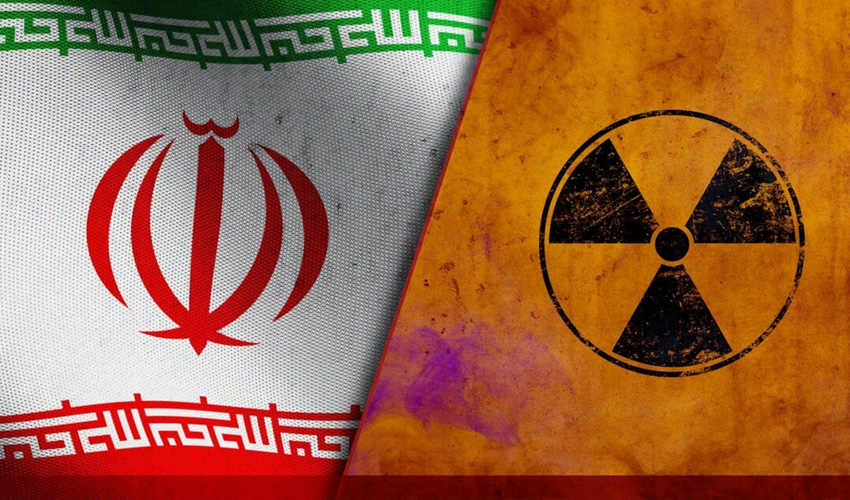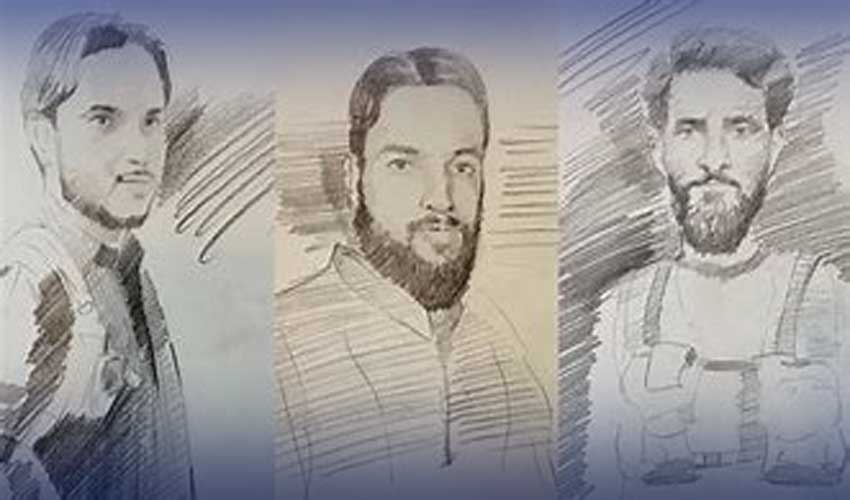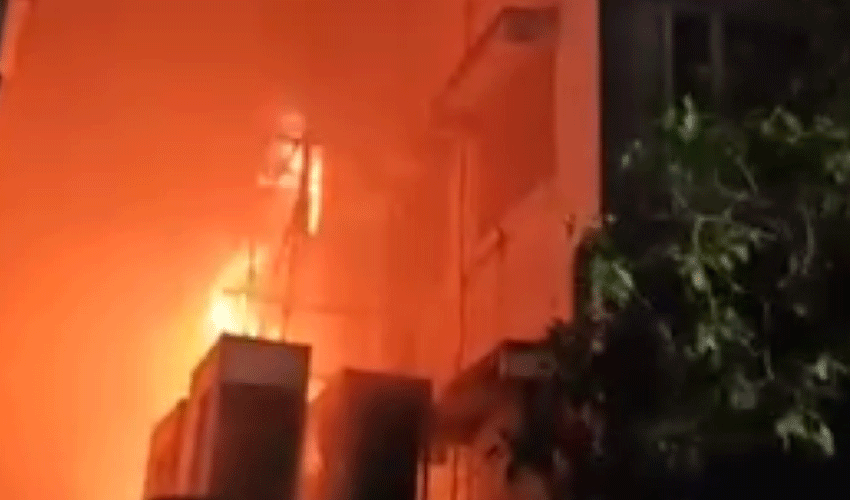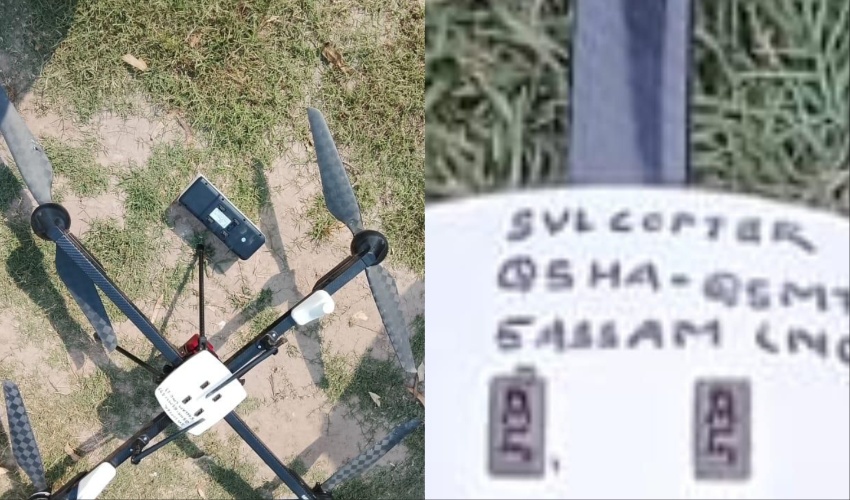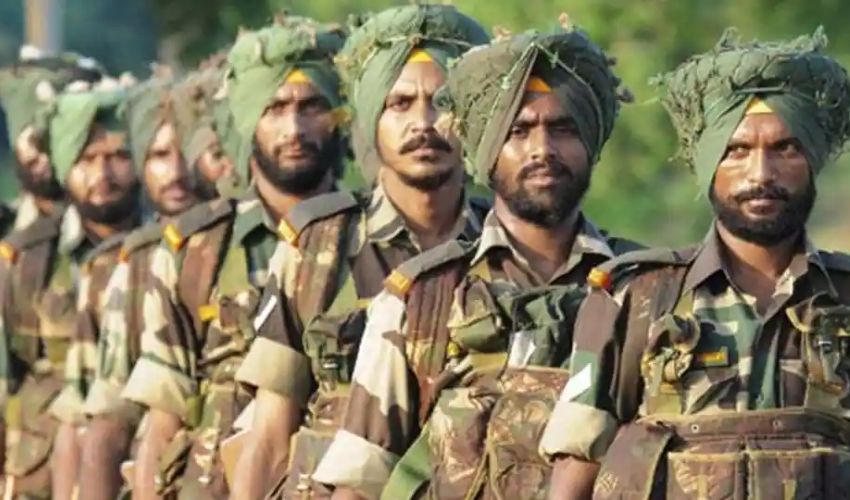Iran has expressed its willingness to resolve the ongoing issues with the International Atomic Energy Agency (IAEA) regarding its nuclear programme but has made it clear that it will not be coerced into negotiations under pressure.
Foreign Minister Abbas Araqchi emphasized this point after meeting with IAEA chief Rafael Grossi in Tehran on Thursday.
Despite continued concerns from European powers (E3) over Iran’s nuclear activities and its lack of cooperation with the IAEA, Araqchi stated that Iran is ready to engage in talks based on its national interests and inalienable rights. However, he asserted that negotiations would not be conducted under "pressure and intimidation."
“The ball is in the EU/E3 court. Willing to negotiate based on our national interest and inalienable rights, but not ready to negotiate under pressure and intimidation,” Araqchi wrote on X (formerly Twitter) following his discussions with Grossi. He further added that he hoped the European side would adopt a “rational policy.”
The IAEA has faced mounting pressure, particularly from the European powers, to take a firmer stance against Tehran’s nuclear advancements. Sources have indicated that the E3 plans to push for a new resolution against Iran at the upcoming IAEA board meeting next week, citing concerns over Iran's insufficient cooperation in resolving key issues related to its nuclear programme.
Tensions between Iran and the IAEA have been escalating in recent months, with key points of contention including Tehran’s refusal to grant the agency’s uranium-enrichment experts access to the country and its failure to provide an adequate explanation for traces of uranium found at undeclared sites. Additionally, Iran’s continued production of highly enriched uranium has raised alarm in the West, with some fearing that Tehran is edging closer to developing a nuclear weapons capability, although Iran insists its nuclear work is for peaceful purposes.
Grossi, who has sought to advance diplomatic solutions with Tehran, underscored the importance of continued cooperation with the IAEA, stressing that inspections are just one aspect of the broader relationship. "Inspections are just one chapter of our cooperation and cannot be discussed,” Grossi said during a press conference alongside Iranian nuclear chief Mohammad Eslami.
Relations between Iran and the IAEA soured after the United States withdrew from the 2015 nuclear accord, known as the Joint Comprehensive Plan of Action (JCPOA), in 2018, and reimposed stringent sanctions on Tehran. In response, Iran began violating key provisions of the agreement, including enriching uranium beyond the agreed-upon limits.
Currently, Iran is enriching uranium to levels as high as 60% fissile purity, just shy of the 90% purity needed for weapons-grade material. Tehran maintains that its nuclear programme is strictly for civilian purposes, such as power generation and medical research.
Eslami described his meeting with Grossi as "constructive," but warned of a firm response should the IAEA push forward with a resolution against Iran next week. It is believed that Iran may limit its diplomatic and technical cooperation with the agency in retaliation.
Grossi, who arrived in Tehran earlier this week, has urged Iran to take concrete steps toward resolving outstanding issues. "It is in our power here to take concrete steps that will indicate clearly, to the U.S. and the international community, that we can clarify things and move forward with concrete solutions,” Grossi stated.
The ongoing diplomatic tensions come as Donald Trump prepares to return to the White House in January, raising questions about the future of U.S. policy toward Iran. During his previous term, Trump’s “maximum pressure” campaign led to the U.S. withdrawal from the nuclear deal, further straining relations with Tehran.





